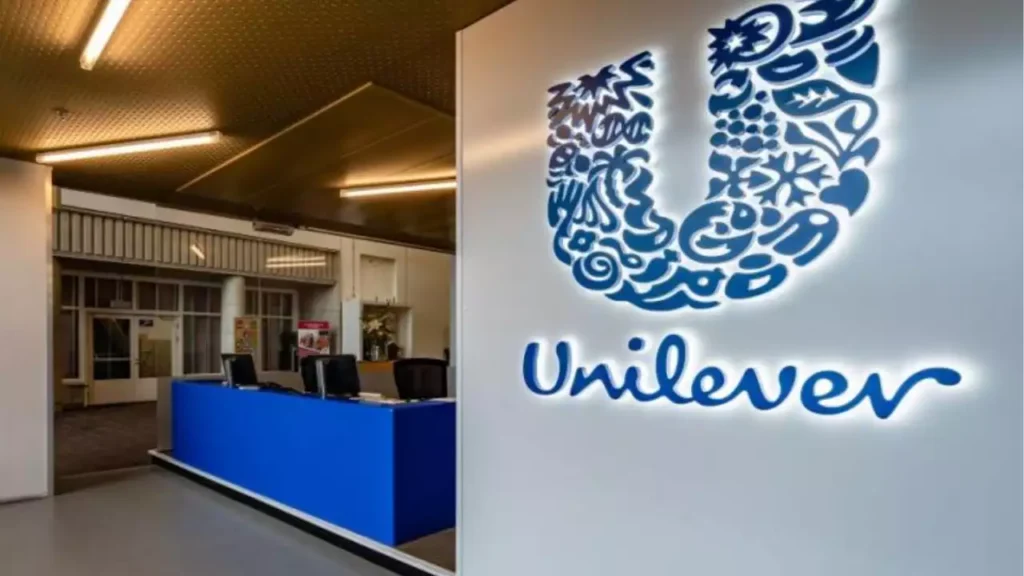Unilever has declined to comment on a media report suggesting that the FMCG titan has reached out to private-equity firms to assess their interest in its ice-cream business.
As announced this week, Unilever is considering a potential demerger of its ice-cream unit into a separate listed company, though no final decision has been made. The Financial Times reports that the company behind Magnum is working with advisors to attract interest from private-equity firms.
Unilever, through a spokesperson, stated today that the company “had no comment to share” on whether it had approached potential private-equity suitors or if it had enlisted Morgan Stanley and JPMorgan Chase as advisors, as reported by the FT yesterday.
The FT, quoting “people familiar with the matter”, said “deliberations remain at a preliminary stage”, with the publication’s sources putting a value on Unilever’s ice-cream business of around €10-15bn ($10.8bn-$16.2bn).
According to sources from the Financial Times, CVC Capital Partners is reportedly showing potential interest in the ice-cream division, with the news indicating that the private-equity firm “may consider making a bid.”
In 2022, CVC Capital Partners finalized the purchase of Unilever’s tea business, Ekaterra, for €4.5bn. In contrast, Unilever sold its spreads operations to KKR in 2017 for €6.8bn.
Announcing the spin-off of ice cream this week, Unilever said, “A demerger of ice cream is the most likely separation route and, in that case, we expect the company to operate with a capital structure in line with comparable listed companies.
Continue Exploring: Unilever announces spin-off of ice cream business, 7,500 job cuts planned in cost-cutting effort
“Other options for separation will be considered to maximise returns for shareholders. The costs and operational dis-synergies relating to the separation of ice cream will be determined by the precise transaction structure chosen.”
However, the complete separation of the ice cream division is not anticipated until the end of 2025.
Karel Zoete, an analyst at the financial services firm Kepler Cheuvreux, indicated that a private-equity transaction would be the most probable route if Unilever opts to sell its ice cream division.
“I don’t see a strategic buyer. Unilever is larger than the other top five players combined,” Zoete suggested, adding that “capital gains tax implications might be significant” from a sale of ice cream.
Unilever’s decision to separate its ice cream division has sparked speculation about the future of the company’s remaining food portfolio, which encompasses brands like Knorr soups, Hellmann’s mayonnaise, and Colman’s mustard under its nutrition division.
After divesting its ice cream business, Unilever would remain with four divisions: nutrition, beauty and wellbeing, personal care, and home care.
Continue Exploring: Hindustan Unilever evaluates options for ice cream business future amid global restructuring by parent company
Last year, Unilever’s ice cream business generated €7.9bn in turnover, whereas the nutrition division accounted for €13.2bn. The beauty and wellbeing, personal care, and home care divisions brought in €12.5bn, €13.8bn, and €12.2bn, respectively.
This week, analysts at Barclays, headed by Warren Ackerman, noted that ice cream had negatively impacted Unilever’s historical performance. They indicated that the spin-off “is another move to further align its portfolio with HPC [home and personal care].”
The Barclays analysts wrote in a research note, “Overall, this is firm action that the market has been looking for. It still has a big job to improve competitiveness but we think it is moving in the right direction. There will now be inevitable questions about the future of its nutrition division, which is also dilutive to growth (although not to margins). It is very clear that Unilever’s future is HPC.”
